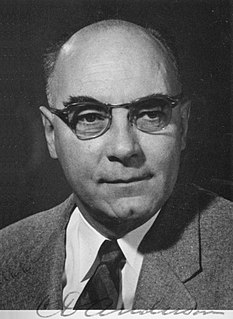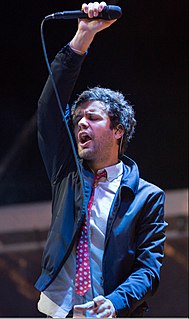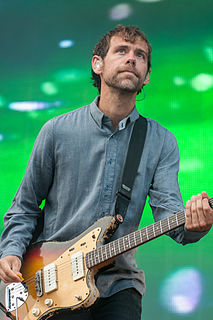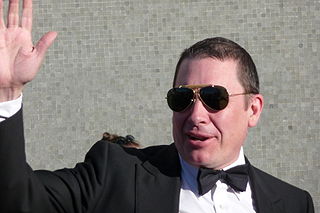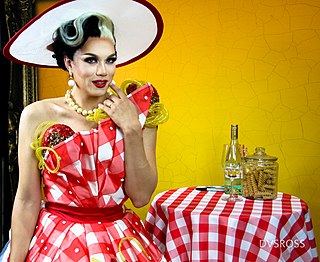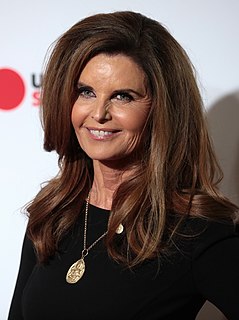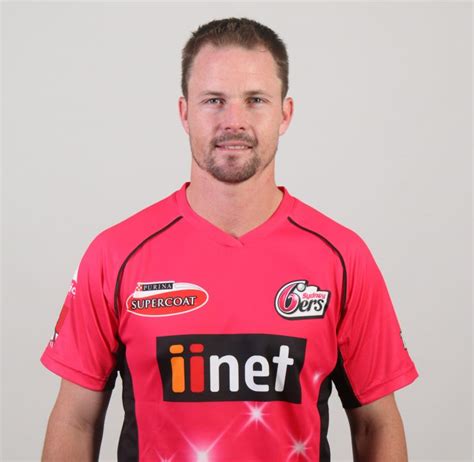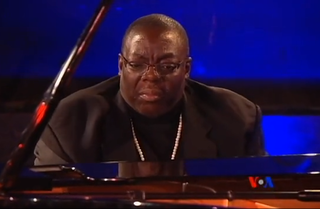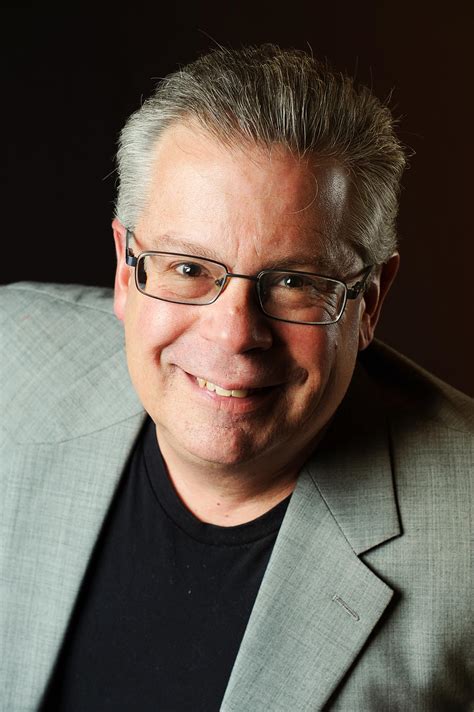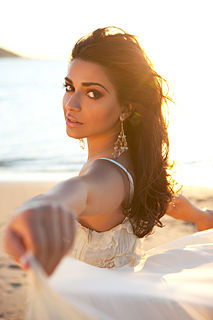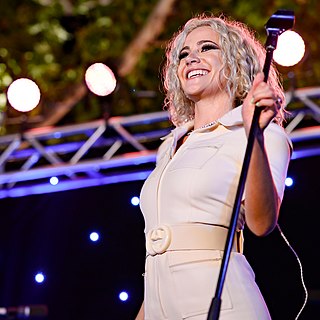A Quote by Stephen Hough
There must be so many people who have various artistic talents that, for whatever reason, just have no way of expressing them. Either they have no support from their family or they live in a part of the world, maybe they've never heard a piano or seen a piano.
Related Quotes
When I was a little kid wanting to play music, it was because of people like Pete Johnson, Huey Smith, Allen Toussaint, Professor Longhair, James Booker, Art Neville ... there was so many piano players I loved in New Orleans. Then there was guys from out of town that would come cut there a lot. There was so many great bebop piano players, so many great jazz piano players, so many great Latin piano players, so many great blues piano players. Some of those Afro-Cuban bands had some killer piano players. There was so many different things going on musically, and it was all of interest to me.
The atom can't be seen, yet its existence can be proved. And it is simple to prove that it can't ever be seen. It has to be studied by indirect evidence - and the technical difficulty has been compared to asking a man who has never seen a piano to describe a piano from the sound it would make falling downstairs in the dark.
It is only by demanding the impossible of the piano that you can obtain from it all that is possible. For the psychologist this means that imagination and desire are ahead of the possible reality. A deaf Beethoven created for the piano sounds never heard before and thus predetermined the development of the piano for several decades to come. The composer's creative spirit imposes on the piano rules to which it gradually conforms. That is the history of the instrument's development. I don't know of any case where the reverse occurred.
The piano has disappeared from working-class family life, which is a shame. It's associated with the middle classes now. Everyone in my family sang and played piano, but my parents were delighted and amazed when I became the first professional performer in the family - apart from a clog-dancer way back.
There are so many places, particularly right now. Go and volunteer at a food bank. If you play the piano, go play the piano in an Alzheimer's home. Or read in an Alzheimer's home. Help a military family with babysitting. The opportunities are endless. People often think 'They want me?' or 'I can be of help?' What we try to say here is 'Be who you are.'Feel that, live it and pass it on.
My mom tells this story that even when I was in the womb, my father played the piano and she sang. So, before I officially got here, I was already surrounded by music. I also like the way my father explains it. When I was about 3-years old, in order to keep me quiet, my father would put me in the bassinet and either put on some music or play the piano. When he started playing, I got quiet and eventually went to sleep. He said by the time I turned 3, I just climbed up on the piano and started playing it with the attitude of I'm gonna play dis here piano.
When we hear a Mozart piano concerto today, we're most likely to hear the piano part played on a modern concert grand. In the hands of a professional pianist, such a piano can bury the strings and the winds and hold its own against the brass. But Mozart wasn't composing for a nine-foot-long, thousand-pound piano; he was composing for a five-and-a-half-foot-long, hundred-and-fifty-pound piano built from balsa wood and dental floss.
I had an affinity for music and could play anything I heard on the piano, but I wasn't scholastically advanced in any way. It was more of a habitual tendency. I would work on weekends at piano bars playing jazz when I was an art student, but the music wasn't mine - it was covers: everything from Radiohead to really old jazz. But other than that, the only training I had was piano lessons from when I was nine until I was eleven.



